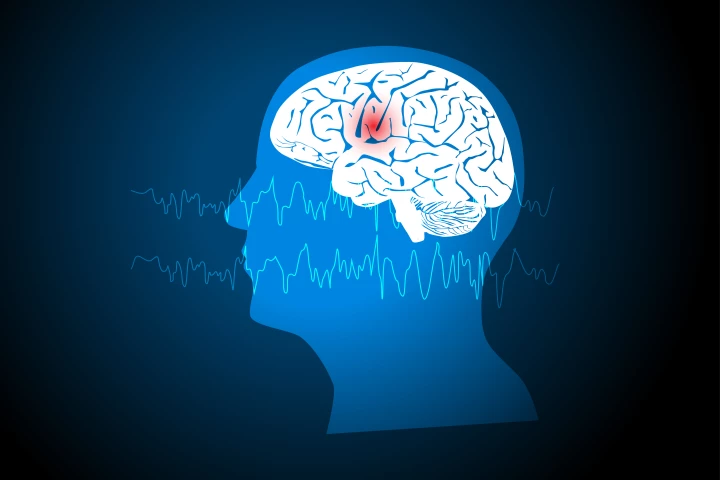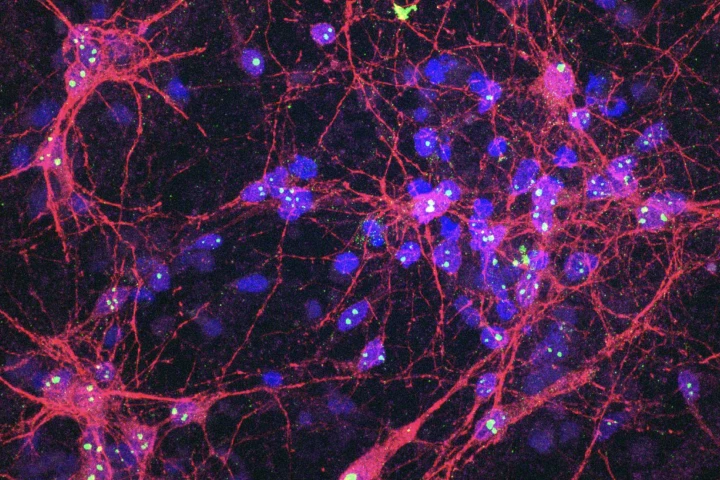Epilepsy
-
A tool long used to probe neural circuits in the lab is now being floated as a new way to treat human patients. The technique uses light to turn specific neurons on or off, and it could be used to treat everything from chronic pain to epilepsy.
-
A simple haircut may reveal more than just split ends. By testing for the stress hormone cortisol, which is stored in hair, researchers can identify kids with chronic illness who face the greatest risk of anxiety, depression, or behavioral struggles.
-
A new drug candidate could become a first-in-class medication, after impressive results in a mid-stage clinical trial for drug-resistant epilepsy. It now moves to Phase 3 trials, raising hope for people who suffer seizures despite being on medication.
-
For the first time, Cortical Labs' mini-brain system has shown how its breakthrough biological computer system can, in response to drug intervention, alter activity and improve performance. It's a huge milestone for synthetic biological intelligence.
-
Researchers have developed a 3D-printable electrode that looks like a single strand of human hair and measures brain activity more reliably than the current method used to diagnose things like epilepsy and sleep disorders.
-
The cannabis-derived compound cannabidiol is gaining traction as a treatment for a multiple conditions, but it's notoriously hard for the body to use. Now a breakthrough production method has removed a major roadblock to its bioavailability.
-
The first-ever "biological computer" powered by human cells, which form an ever-learning neural network, has been launched. It's an entirely new kind of AI – Synthethic Biological Intelligence – and not even its creators can predict its full potential.
-
People with photosensitive epilepsy could soon be able to watch TV without worry. Scientists in the UK have created glasses that can block out specific wavelengths of light known to cause seizures.
-
A common childhood epilepsy drug has the potential to change the lives of millions of people who suffer from sleep apnea, as a clinical trial has delivered surprising results in reducing breathing interruptions and improving daytime alertness.
-
A class of drugs already used to treat high blood pressure has an added bonus, according to a new study: lowering epilepsy risk by up to 30%. Further research is needed, but the findings suggest there’s a means of preventing epilepsy in at-risk adults.
-
A new UCLA study has found how a keto diet induces changes in the gut microbiome that could protect treatment-resistant epileptic children against seizures. This discovery opens the door to the development of new therapies that can prevent seizures.
-
A study found that rapid genome sequencing is a fast, effective way to diagnose infant epilepsy which, if left untreated, can lead to developmental delays. It's hoped the findings mean this cutting-edge technology will become more widely available.
Load More











